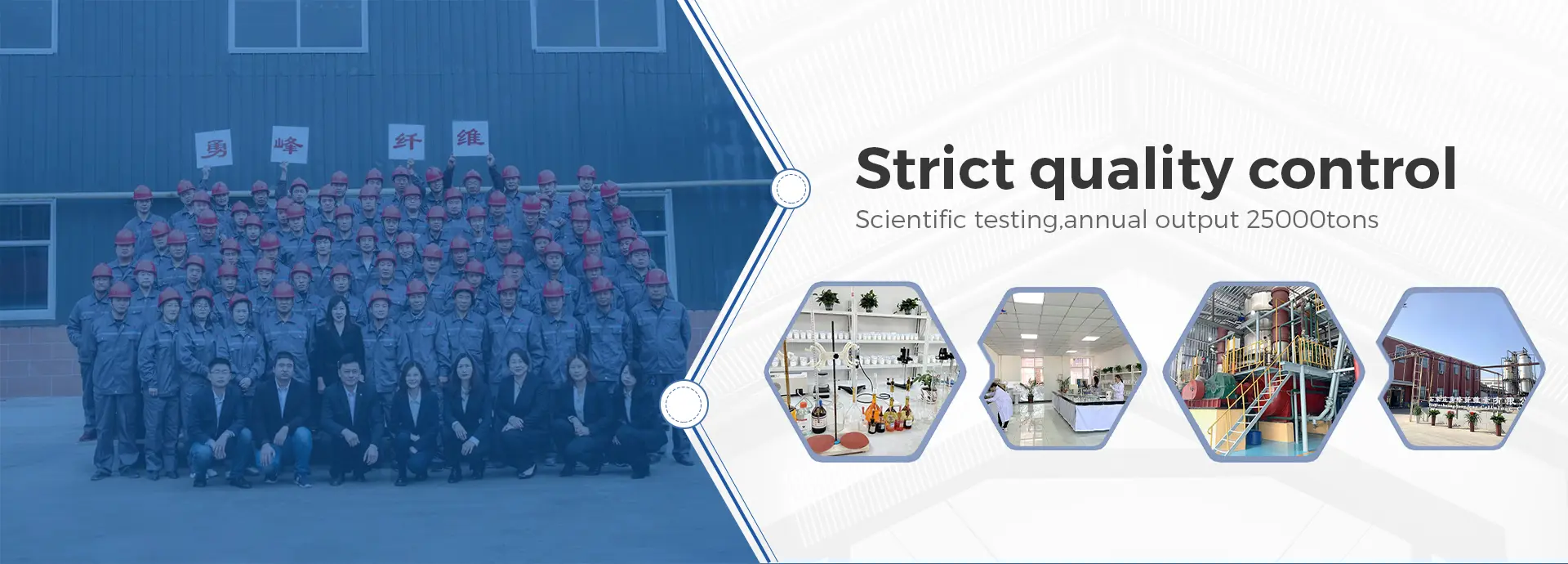Tylose, also known as hydroxypropyl methylcellulose (HPMC), is a cellulose ether that has carved a niche for itself in various industries due to its versatile applications. Derived from natural cellulose, tylose is considered a sustainable product, aligning perfectly with the increasing demand for eco-friendly materials in today's industrial landscape. This article explores the properties, uses, and significance of tylose in different fields.
Properties of Tylose
Tylose exhibits a unique combination of properties that make it suitable for a wide range of applications. It is a white or off-white powder that dissolves in cold water to form a clear, viscous solution. This property is essential in food and pharmaceutical applications, where a smooth texture and the ability to form gels are necessary. Tylose is also known for its excellent thickening and stabilizing capabilities, which can significantly enhance the consistency and texture of products.
The chemical structure of tylose contributes to its solubility and thickening potential. It is non-ionic, which means it does not carry a charge, allowing it to be compatible with a variety of other ingredients without causing destabilization. Furthermore, its ability to form films and improve the adhesion of materials makes it a valuable additive in coatings and paints.
Applications of Tylose
Tylose finds extensive applications across several sectors
1. Food Industry In the food industry, tylose serves several functions, such as a thickening agent, stabilizer, and emulsifier. It is commonly used in sauces, dressings, and dairy products to enhance texture and maintain product stability. Additionally, its ability to retain moisture helps improve the shelf life of baked goods.
tylose

2. Pharmaceutical Industry In pharmaceuticals, tylose is utilized as a binder in tablet formulations, a thickening agent in topical ointments, and an excipient for controlled drug release. Its biocompatibility and safety profile make it an ideal choice for various delivery systems, ensuring that medications are effective and easy to use.
3. Construction Tylose's thickening properties also extend to the construction industry, where it is added to cement and gypsum-based compounds to improve workability and adhesion. It helps enhance the performance of tile adhesives, joint compounds, and plaster, contributing to the overall quality of construction materials.
4. Personal Care Products In cosmetics and personal care products, tylose is valued for its ability to form films and provide a smooth texture. It is found in lotions, creams, and gels, where it helps improve spreadability and create an appealing feel on the skin.
Significance of Tylose
The significance of tylose lies not only in its functionality but also in its contributions to sustainability and health. As industries move towards eco-friendly solutions, tylose meets the criteria of being derived from renewable resources. It showcases how natural products can deliver high performance without compromising on environmental principles.
Furthermore, its role in enhancing product quality across various applications highlights its importance in manufacturing processes. Companies benefit from incorporating tylose into their formulations, as it not only improves product performance but also enhances the overall consumer experience.
In conclusion, tylose is a remarkable substance with a wide range of applications and benefits. Its unique properties, combined with its sustainability credentials, make it an essential ingredient in various industries. As we continue to explore new ways to innovate and improve product formulations, tylose remains at the forefront, demonstrating the limitless possibilities of cellulose-derived materials.
-
Rdp Powder: Key Considerations for Wholesalers in the Building Materials IndustryNewsJul.08,2025
-
Key Considerations for Wholesalers: Navigating the World of Hpmc - Based ProductsNewsJul.08,2025
-
Hpmc Detergent: Key Considerations for WholesalersNewsJul.08,2025
-
Key Considerations for Wholesalers: China Hpmc For Tile Adhesive, Coating Additives, Concrete Additives, and MoreNewsJul.08,2025
-
Crucial Considerations for Wholesalers: Navigating the World of Construction MaterialsNewsJul.08,2025
-
Key Considerations for Wholesalers Sourcing Additive For Cement, Additive For Concrete, Additive For Putty from Additive Manufacturer Shijiazhuang Gaocheng District Yongfeng Cellulose Co., Ltd.NewsJul.08,2025




